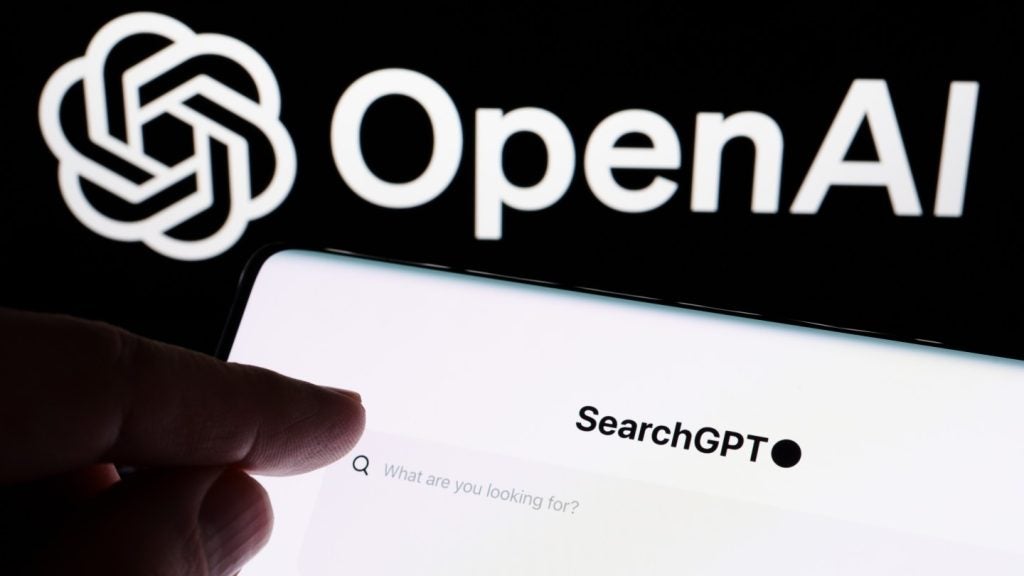CBRS spectrum in the 3.55 – 3.7 GHz bands provides revenue opportunities for US service providers that don’t own their own wireless spectrum or need more. Bidders spent billions of dollars in 2020 auctions to gain CBRS licenses for a variety of purposes.
Two years later, the CBRS service provider ecosystem encompasses a diverse set of mobile and fixed operators, MSOs, network equipment and infrastructure manufacturers, and SAS providers that allocate or resell spectrum to others. Licensees also include “do-it-yourself” companies building their own private networks such as universities, large companies, and utilities. So how did these providers use their new spectrum assets?
The CBRS service provider ecosystem encompasses a diverse set of companies. Mobile operators participated in the 2020 CBRS auctions, with plans to offload capacity for services such as Fixed Wireless Access, boost 4G speeds, and offer private networks to enterprises. US MSOs were major spenders, with potentially the most to gain from having their own wireless assets as they increasingly need mobile connectivity (and more capacity for fixed wireless) to provide a competitive portfolio. Other fixed-line service providers also use CBRS to flesh out access portfolios and enhance services for consumers and enterprises.
Service Providers Examples: Mobile Operators, MSOs, and Fixed-Line Operators
Mobile Operators
Mobile operators participated in the 2020 CBRS auctions with plans to offload capacity for services such as FWA, boost 4G speeds, and use CBRS to offer private networks to enterprises.
- Verizon spent $1.9 billion in the CBRS auction. It has been using it as a supporting connectivity type to boost 4G speeds in urban areas in US metros. In the middle of 2021, Verizon began testing CBRS with 5G, adding carrier aggregation techniques. In March, Verizon announced a partnership with Celona, a provider of CBRS equipment, for a joint service for mid-market companies that want easy-to-deploy private networks.
- T-Mobile paid only $5.6M for eight CBRS licenses but also acquired further CBRS spectrum from Shenandoah Telecommunications. As T-Mobile has its own significant 2.5GHz mid-band spectrum assets due to the Sprint merger (and licensed further access in the C-Band auction in 2021), its CBRS interests appear as a “hedge your bets” activity to be used for selective speed and capacity boosts.
- Dish was the second largest bidder in the CBRS auction, paying $913 million. Its CBRS spectrum licenses cover 309M people or 98% of the US population. Dish is using the spectrum for some unique offers, including piloting the world’s first community-driven, neutral-host CBRS hotspot network in collaboration with FreedomFi, an open 5G networking company whose gateway provides an easy path towards open-source Private LTE or 5G networks.
- AT&T did not participate in the CBRS auction, as perhaps it was “saving up” for the C-Band auction in 2021. However, it can still provide services via CBRS connections under the auspices of a SAS provider. Alliances with Ericsson and Nokia flesh out this strategy. Ericsson provides AT&T a network management portal, a network controller package for the core, and options for radios. Nokia’s Digital Automation Cloud and Modular Private Wireless platforms are also available to AT&T for serving enterprise customers that want to use CBRS private wireless solutions.
Cable Companies and other Fixed Line Providers
US cable MSOs were major spenders in the CBRS auction. These companies may have the most to gain from having some of their own wireless assets as they need mobile connectivity (and more capacity for fixed wireless) in order to provide a competitive portfolio. They have historically had to rely on reseller agreements with incumbent mobile operators.
- While Comcast won licensed CBRS spectrum covering 83% of its footprint, it has said little so far about its plans to deploy the spectrum, and its MVNO deal with Verizon remains intact.
- Charter Communications paid out $465 million for CBRS licenses. but like Comcast, it also has an MVNO contract with Verizon. It announced that it would deploy CBRS in one undisclosed market in 2022 and use it as a model for future rollouts. However, it is seen primarily as an offload play for consumer broadband, rather than a plan to use CBRS for new service rollouts such as private networks to enterprises.
- Cox Communications has started to trial CBRS-based services. In September 2021 it launched a pilot program with the city of Las Vegas that involves deployment of a CBRS network in a local park, in conjunction with Cox’s fiber network, to monitor attendance and keep an eye on after-hours activities. The system will also be used for parking lot management, safety detection and threat analytics.
- Lumen noted in 2020 that its approach is to offer a variety of wireless connectivity options for the enterprise campus and let customers choose. It bid in the CBRS auction and notes that it deploys private CBRS wireless capabilities at enterprise campuses to give customers the same benefits of 5G, but with local control. It is also allied with T-Mobile for wireless access to its fiber network and can presumably take advantage of T-Mobile’s multi-spectrum access assets.
- Windstream participated in the CBRS auction (spending $39 million) but states that fixed wireless has a limited role in rural broadband, adding that its “intent is to pursue a fiber-first broadband deployment program and leverage fixed wireless only when fiber-to-the-home cannot be made economically viable.” Windstream is, however, using 3.5 GHz spectrum to deliver 100 Mbps-capable broadband to several markets.
- While Frontier bid on (but did not win) spectrum in the CBRS auction, it has agreed to be the first major customer of Federated Wireless’ Spectrum Exchange, allowing it to purchase CBRS spectrum leases. In 2020 Frontier also built a fixed wireless LTE network in 3.5GHz CBRS spectrum, with 8,500 customers at the end of 2021.
Approaches to CBRS licenses among operators has already been diverse, but is evolving in 2022, with new deployments, services and alliances. There is also more competition as network infrastructure and enterprise network vendors as well as IT service providers are using CBRS and other access types to offer private network services.






